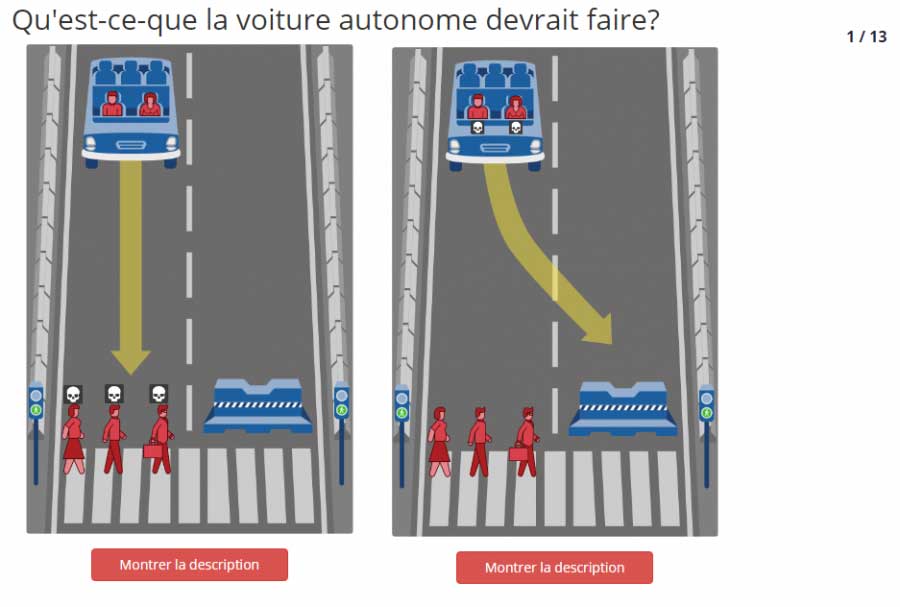What impact does the work of data-science have today in the uses?
On a daily basis, we can observe some significant impacts in the relationship that individuals have with technology and especially AI thanks to data-science. For example, with Google and its predictive response algorithm, we facilitate and optimize the response to emails. This type of processing will become more and more popular. These machine learning applications will be present everywhere in our daily lives to make life easier for everyone. For some, artificial intelligence will soon become as invisible as electricity is today.
The same phenomenon can be observed for the Internet, which has taken on a predominant role today, and this seems quite normal to us. We can predict that machine and deep learning will have the same impact and that, in a few years, these algorithms will be so embedded in our daily lives that they will become invisible.
What developments do you see in your work as a data scientist?
At Ellisphere, we are currently using effective technological tools that have already proven themselves. The choice of these technologies is explained by the need to explain data processing. In terms of technological advances, the evolutions that the profession will experience are likely to be very important.
If we put aside the explicability, we still have a very large margin of progress with regard to current technological innovations. We are in an era where discoveries to improve technologies, especially around deep learning, are going very fast. The state of the art will not be a blockage any time soon.
Coming back to explainability, there is much less research on this subject. Objectively, the question we have to ask ourselves today is whether deep learning technologies will be explainable tomorrow, or whether finally, the performances of these technologies will be accepted and will no longer need to be explained.
Are there any limits to this evolution?
There are currently many aspects in which this evolution can be slowed down. If I take the example of Ellisphere, legislation plays a fundamental role in data processing. Some techniques cannot be used because they contravene the need to be able to explain the algorithm to a human. So, from a strictly regulatory point of view, certain fields of activity will be impacted and limited in the use of data.
Another issue that may arise in the evolution of these technologies is that of ethics. Let's take the example of autonomous cars. In theory, the promise is great. They promise to avoid all road accidents and ultimately to save lives thanks to the technology. Today, we are in the early stages of this phenomenon.
However, like any computer system, if it works 99.9% of the time, when it doesn't work, the question of responsibility will inevitably arise. The ethical choice that this situation can pose is interesting. The car detects a person in front of it, should it sacrifice its occupant or the person it is likely to hit? (cf. the MIT Moral Machine simulation).
Do you think we are heading towards the end of explicability of data processing?
For the moment, we are not going in that direction at all, if you look at the legislation. European mentalities are very different from those in the US and China. This can be a barrier and slow down our progress, because we have constraints on the use of data that other major powers do not have.
In Europe, before doing anything, we automatically refer to the law. We deal with the regulation before going to production. This wastes a lot of time. In the United States and China, the problem is different. Generally, they start by launching technologies, and once the first problems arise (ethical or technical), they will ask themselves about regulation.
If we take the example of Facebook, at the launch of the platform, no one questioned whether the collection and sale of personal data to private organizations posed an ethical problem. It took scandals such as Cambridge Analytica or the entry into force of the RGPD in Europe for these questions to be brought to the fore.
This is what is at stake in today's society and in the evolution of technology. Where do we place the cursor between technological innovations and freedom? If we take the example of facial recognition, China is far ahead of Europe. However, we can question the ethics of this use (social score, generalized surveillance).
Should we set limits on technological use to ensure a balance or should we go further and further at the risk of creating excesses? I think that these are exciting questions that are already being asked of our profession of data scientist.






